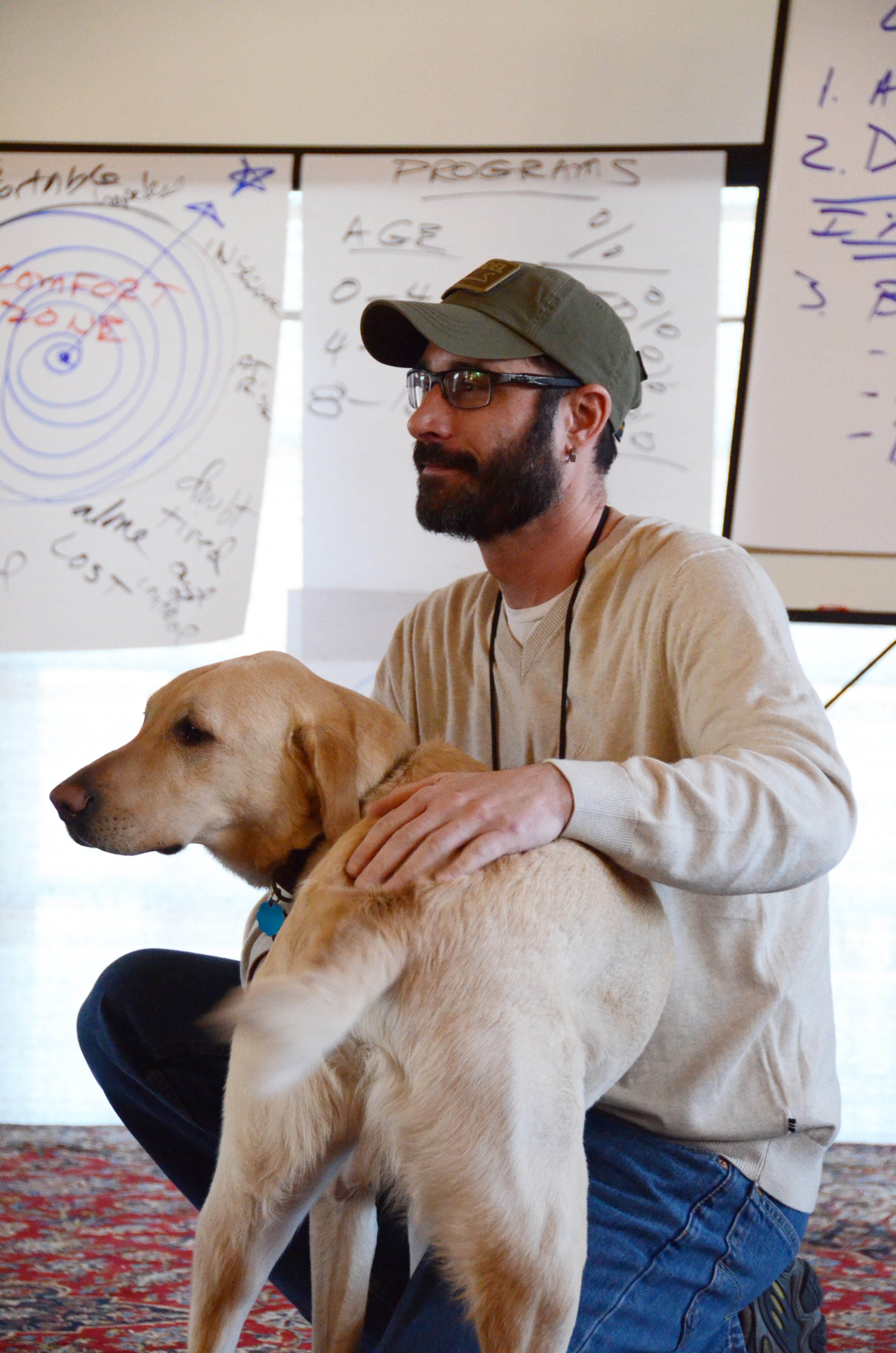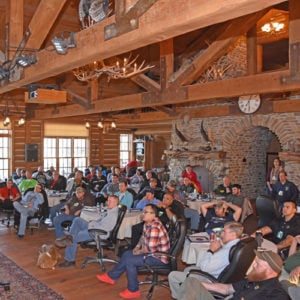Veterans
If you feel there is a crisis for you or your loved one, use one of these toll-free, confidential hotlines:
- The National Suicide Prevention Lifeline is a 24-hour hotline for anyone in emotional distress: 1-800-273-TALK (8255).
- The Veterans Crisis Line connects Veterans in crisis and their families and friends with VA responders through a 24/7 hotline: 1-800-273TALK (8255), PRESS 1.
- The National Domestic Violence Hotline offers 24/7 anonymous access to shelters and domestic violence programs as well as legal advocacy, public education, and training: 1-800-799-SAFE (7233) or 1-800-7873224 (TTY).
- The National Sexual Assault Hotline operated by RAINN (Rape, Abuse & Incest National Network) is a 24/7 resource to link victims to counseling and legal advice: 1-800-656-HOPE (4673).
- The National Child Abuse Hotline is a 24/7 resource you can contact if you suspect a child is being abused, if you fear you might hurt your child, or if you have been abused: 1-800-4-A-CHILD (422-4453).

Family & Friends
Family members and close friends sometimes neglect their own needs when they commit themselves to caring for someone with PTSD. It is important for you to find support for yourself when you are helping someone else.
Here are some resources that you may consider…
- Most US States have a National 211 referral line that connects people with important community services (employment, food pantries, housing, support groups, etc.). Dial 2-1-1.
- The SIDRAN Institute is a nonprofit organization that helps people understand, recover from, and treat traumatic stress and offers a referral list of therapists for PTSD. You can contact the Help Desk by leaving a confidential voicemail: 1-410-825-8888.
- The National Alliance on Mental Illness (NAMI) offers a Family-to-Family Education Program for caregivers of people with severe mental illness. You can call the Information Helpline: 1-800-950-6264.

Children
Children also respond to their parents’ PTSD symptoms.
A child may behave like the parent to try to connect with him or her. Some children take on an adult role to fill in for the parent with PTSD. If children do not get help with their feelings, it can lead to problems at school, in relationships, or with emotions.
- MilitaryKidsConnect (MKC) is an online community for military children (age 6-17) with resources for children to give support before, during, and after a parent’s or caregiver’s deployment.
- Sesame Street offers a Talk, Listen, Connect parent toolkit to help military families coping with deployment.
- It is important children know that a parent’s PTSD symptoms are not their fault. An interactive workbook for teens may help: “Finding My Way: A Teen’s Guide to Living with a Parent Who has Experienced Trauma.”

ADDITIONAL SUPPORT
Some of the resources listed above are specific to Veterans and Service Members. Additional resources are listed below
- The VA Caregiver Support program provides services to support family members who are taking care of a Veteran: 1-855-260-3274
- VA’s Coaching Into Care program helps family and friends of returning Veterans find the right words to help their loved one get into care. For free, confidential coaching email or call: 1-888-823-7458
- The Vet Center Combat Call Center is a 24/7 call center for combat Veterans and their families to talk about their military experience or issues about readjustment to civilian life: 1-877-WAR-VETS
- The Defense Centers of Excellence (DCoE) 24/7 Outreach Center offers information and consultation in mental health and traumatic brain injury: 1-866-9661020. DCoE also offers email and online chat support.
- The National Resource Directory links to over 10,000 services and resources that support recovery, rehabilitation, and reintegration for wounded, ill, and injured Service Members, Veterans, their families, and those who support them.
- Give an Hour is a nonprofit organization offering free mental health services to US military personnel and their families affected by Iraq and Afghanistan




